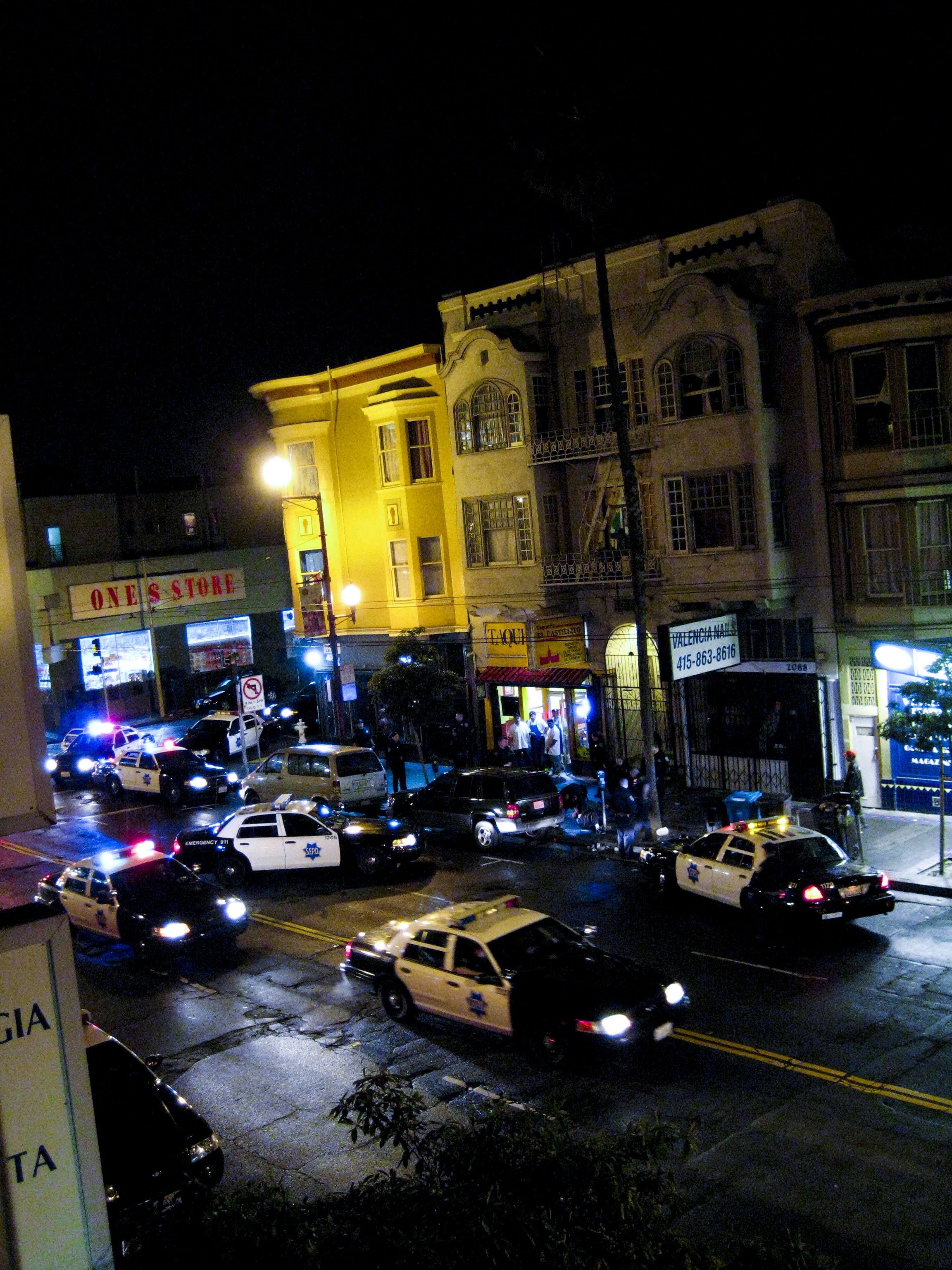The toughest challenge for any newsroom is being the story. How should editors report about the news when they’re it, particularly if there are legal matters? That’s exactly Gizmodo‘s situation, following a Friday night police raid of editor Jason Chen’s home. Gizmodo waited until Monday to post about the search and seizure of items from Jason’s home, which included four computers and two servers. Gizmodo has responded tactfully from editorial and legal perspectives.
Today, at All Things Digital Peter Kafka writes: “Who knew Act II of the Gizmodo-iPhone story would be as exciting as last week’s news?” Yes, it was exciting storytelling: Apple developer leaves super-secret iPhone on a bar stool while celebrating his birthday. Patron sitting next to him takes the iPhone, rather than turning it in to the bartender. For weeks, the Apple developer searches for the lost “next” iPhone, repeatedly contacting the bar to see if anyone turned in the device. Gizmodo pays $5,000 for the phone, then tells the story over several days (with photos and videos). Media pundits and Macheads take sides for and against Gizmodo’s paying for the device and whether or not laws had been broken.
But from Gizmodo’s side, Act II isn’t exciting storytelling at all. It’s totally dull, and behind that is some shrewd editorial thinking. Gizmodo has brilliantly downplayed the story, rather than milk the pageviews.
What drama! Police executed the warrant on Friday night (April 23, 2010) at Jason’s home, when he wasn’t there. They had already confiscated computers and other devices before he returned home to find the police infestation. The cops on site were part of a joint public-private taskforce called REACT—Rapid Enforcement Allied Computer Team—on which steering committee Apple reportedly sits. The District Attorney’s office put the case on hold while reevaluating whether journalist shield laws should have protected Jason from the search and seizure. For all the drama, Gizmodo has written little about this, and the tech blog waited nearly three days before reporting about it. Shrewd. Damn shrewd. Here’s why:
- Gizmodo didn’t post about the story until after meeting with law enforcement. First priority should be getting back the computers before any forensic examination. The seized computers contain information about other sources, not just the one selling the iPhone. Gizmodo should seek to protect those sources, which would be better achieved by trying to work with the local DA’s office and law enforcement.
- Gizmodo posted the story at 4 p.m. on Monday, just as US stock markets closed. Timing was crucially neutral. The events also involve Apple, which is a public company. Gizmodo’s best strategy is to avoid any appearance of trying to manipulate the drama for its own benefit or against Apple’s.
- The story posted without art and was so small against others on Gizmodo’s home page it could easily have been overlooked. Gizmodo did little to draw attention to the story, which is tactful considering the cops still had possession of the computers. People can debate whether Gizmodo acted to cover its butt or to protect sources. However, Nick Denton, publisher of parent company Gawker, publicly stated that his news organization paid $5,000 for the device; there already is admission of guilt if a crime was committed.
- Gizmodo’s story contains little text. The warrant, letter from Gawker’s COO to the police and Jason’s account are all images. That was a simply brilliant tactic, because it discouraged the kind of cut-and-paste journalism that is too commonplace today. Other people reporting the story had to actually read the documentation while retyping it and review the cited penal codes instead of just copying and pasting from Gizmodo’s story.
- By providing just the barest-bone information, Gizmodo left plenty of room for other reporters and bloggers to extend the story. The tactic actually encouraged them to investigate; everyone wants the scoop, the great second-day take, right? These other reporters then added flavor, details and drama—like Apple’s connection to REACT—and legal analysis that Gizmodo might want raised but without taking the risk of directly doing so. The risk, of course, would be irking the local DA or law enforcement while the San Mateo police still had possession of items seized from Jason’s home.
I can’t see how Gizmodo could have taken a much better approach, from an editorial perspective. Someone acted tactfully and thoughtfully here.
There remains the larger issue of whether or not the police overstepped their bounds. Peter asserts that California’s shield law wouldn’t protect Gizmodo or Jason if law enforcement believes they committed a crime by obtaining the iPhone prototype. “The law doesn’t give journalists the ability to commit crimes,” he writes. Maybe, but as I asserted late yesterday, “shield laws protect sources” and not journalists. The journalist shield laws are there to protect sources’ privacy. Plain, pure and simple. By seizing all the computers, the police trampled on the privacy rights of every other source identity contained on the hard drives. Electronic Frontier Foundation offers a clinical legal analysis of the warrant and application of shield laws.
If Gizmodo editors acted to protect their sources, they should be commended. If editors downplayed the search-and-seizure story to protect Gizmodo and its employees, they should be scorned. A journalist’s most important priority, his or her most valuable asset, is trust. Trust that sources won’t be revealed under any circumstances. Trust that reporting is accurate. Trust that reporting and not some bias, prejudice or agenda drives the storytelling. It is a sacred trust that no reporter, news organization or even law enforcement should breach.
Photo Credit: Ariel Dovas
